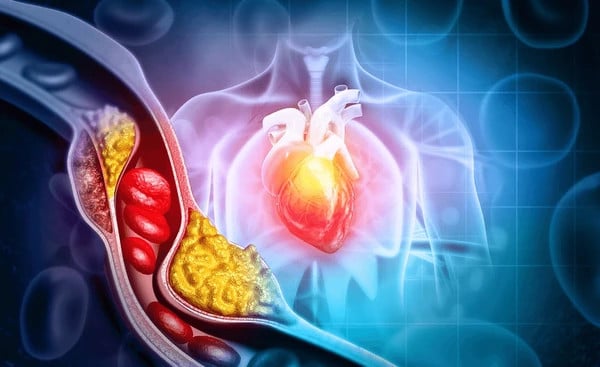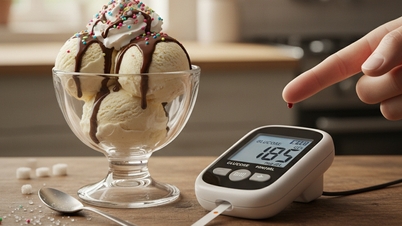So, check for signs of high cholesterol before it's too late. Knowing the early warning signs of high cholesterol is important to prevent heart problems and maintain overall health, according to the Times of India.
Early recognition of these signs can prompt lifestyle changes and medical intervention.
Xanthomas

High cholesterol levels, especially high levels of "bad" LDL cholesterol, can lead to plaque buildup in the arteries, increasing the risk of heart disease and stroke.
Xanthomas are fatty deposits under the skin that often appear as yellow nodules. These plaques can indicate high cholesterol levels and can appear on various parts of the body such as the elbows, knees, hands or buttocks.
However, the common type of xanthoma that appears on the eyelids is not a disease.
Arcus Senilis
A white or gray ring around the iris (the part of the eye that surrounds the pupil), called the arcus senilis, can be a sign of high cholesterol. This condition is common in older people, but if it appears in a young person, it could be an underlying high cholesterol problem.
Corneal Arcus
Similar to arcus senilis, arcus senilis is a white or gray ring that surrounds the cornea (the iris). It can be a clear sign of cholesterol buildup and is more common in older people. If a young person experiences this, they should get their cholesterol checked.
Chest pain or angina

High cholesterol levels can lead to atherosclerosis, which reduces blood flow to the heart. When the heart muscle does not receive enough oxygen-rich blood, it can cause chest pain known as angina.
High cholesterol levels can lead to atherosclerosis, which reduces blood flow to the heart. When the heart muscle does not receive enough oxygen-rich blood, it can cause chest pain known as angina. If chest pain persists or recurs, seek immediate medical attention, according to the Times of India.
Fatigue and shortness of breath
Reduced blood flow due to narrowed arteries can lead to fatigue and shortness of breath, especially during physical activity. These symptoms may indicate that your heart health is compromised and should be checked.
High blood pressure
This condition is often accompanied by high cholesterol levels, which contribute to the stress on the cardiovascular system. Blood pressure should be monitored regularly, and if high blood pressure persists, cholesterol levels should be checked closely.
Several factors contribute to high cholesterol, including genetics, age, diet, and exercise.
Source link


![[Photo] High-ranking delegation of the Russian State Duma visits President Ho Chi Minh's Mausoleum](https://vphoto.vietnam.vn/thumb/1200x675/vietnam/resource/IMAGE/2025/9/28/c6dfd505d79b460a93752e48882e8f7e)
![[Photo] The 4th meeting of the Inter-Parliamentary Cooperation Committee between the National Assembly of Vietnam and the State Duma of Russia](https://vphoto.vietnam.vn/thumb/1200x675/vietnam/resource/IMAGE/2025/9/28/9f9e84a38675449aa9c08b391e153183)

![[Photo] Joy on the new Phong Chau bridge](https://vphoto.vietnam.vn/thumb/1200x675/vietnam/resource/IMAGE/2025/9/28/b00322b29c8043fbb8b6844fdd6c78ea)























































































Comment (0)